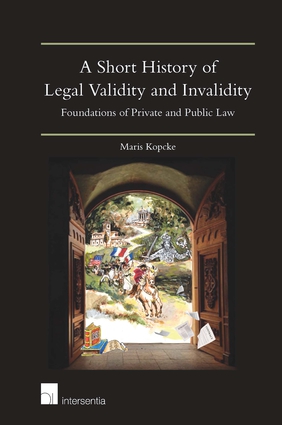Overview
The twin ideas of legal validity and invalidity are ubiquitous in contemporary private and public law. But their roots lie buried deep in European legal culture. This book for the first time traces and reveals these roots. In the course of a 2000-year journey through landmark texts of the Western tradition, from Roman law to modern codification and constitutionalism, the book shows that, contrary to what is often assumed, validity and invalidity originated in the domain of private transactions and only gradually came to be deployed in the domain of official power and law-making. This went hand in hand with legal thought's acknowledgement that law-making itself can be (in)valid, because legally limited, most recently by a body of constitutionally enshrined human rights. Understanding why, not only when, the technique of validity appeared, teaches valuable lessons about the kinds of social and political transformation that this technique can help realise particularly in our age of emerging legal orders, shifting forms of governance, and fresh challenges to the regulation of exchanges in a digitally scripted world.This accessibly written work will appeal to anyone concerned with validity or invalidity in legal scholarship and practice, whether in public or private law.Reviews
"[...] a short and breath-taking overview of the history of validity in Western legal culture from Roman law to constitutional control." — Frederik Dhondt, Forum Historiae Iuris, 2021.

